How Noisy Are Alexandrine Parrots?
One of the most common concerns among potential owners is how noisy they can be. Noise levels can be a dealbreaker for some people, especially those living in apartments or close quarters with neighbors.
Noise levels of Alexandrine parrots can vary depending on the individual bird, their environment, and their socialization. While they are not as loud as some other parrot species, they can still be noisy at times. Alexandrine parrots are known to make a variety of sounds, including chirps, whistles, squawks, and screams. They may also mimic sounds from their environment, such as phones ringing or doors slamming.
Key Takeaways
- Alexandrine parrots can be noisy pets, but their noise levels vary depending on the individual bird, their environment, and their socialization.
- Alexandrine parrots make a variety of sounds, including chirps, whistles, squawks, and screams, and may also mimic sounds from their environment.
- To manage noise levels in Alexandrine parrots, it is important to provide them with proper socialization, training, and enrichment activities.
Read our article “What Do Alexandrine Parrots Eat?“
Noise Levels of Alexandrine Parrots
In this section, we will discuss the noise levels of Alexandrine parrots, including their general noise levels, noise during mating season, and morning and afternoon calls.
General Noise Levels
Alexandrine parrots are not the loudest parrots, but they can still be quite loud. Their flock call is a two-note whistle that they make when they feel left out of what’s going on in the house or if they want to come out of their cage. This call is not too loud, but it can be heard throughout the house.

During Mating Season
During mating season, Alexandrine parrots can become quite noisy. They may screech and squawk loudly, especially in the morning and afternoon. This is a natural behavior for them, and it is important to understand that they are not doing it to be annoying. However, if the noise level becomes too much to handle, there are ways to discourage screaming or screeching in your pet.
Morning and Afternoon Calls
Alexandrine parrots are known to be louder in the morning and afternoon. This is because they are most active during these times. They may make more noise during these times, but it is important to understand that this is normal behavior for them.
Why Do Alexandrine Parrots Make Noise
In this section, we will explore some of the reasons why Alexandrine parrots make noise.
Communication
One of the main reasons Alexandrine parrots make noise is for communication. They use a variety of sounds to communicate with other birds in their flock. These sounds can range from chirps and whistles to squawks and screams. Alexandrine parrots are particularly vocal during the mating season, where they use different sounds to attract a mate.
Boredom
Alexandrine parrots can become bored if they do not have enough stimulation in their environment. When they are bored, they may start to make noise as a way to entertain themselves. This can include mimicking sounds they hear in their environment or trying to talk to their owners. Providing plenty of toys and socialization can help prevent boredom and excessive noise.
Stress or Fear
Alexandrine parrots may also make noise when they are stressed or afraid. This can include screaming, biting, or other aggressive behaviors. If a bird is stressed or afraid, it is important to identify the cause of the stress and address it as soon as possible. This can include providing a safe and comfortable environment, socialization, and training.
Managing Noise in Alexandrine Parrots
Fortunately, there are several methods that can be used to manage noise in Alexandrine parrots. These methods include training, environmental modifications, and dietary considerations.
Training

Clicker training is one of the most effective ways to train Alexandrine parrots to reduce their noise levels. This method involves using a clicker and small, ingestible parrot treats to associate the clicker with good behavior. Once the parrot has associated the clicker with a treat, the clicker can be used to mark correct behavior. Any time the parrot stops screaming or mimics soft, muted tones, it can be rewarded with a treat, praise, or click.
It is essential to avoid punishment with yelling or making loud noises, as this will only reinforce the behavior. Instead, ignore attention-seeking behavior and reward good behavior immediately.
Teaching your Alexandrine parrot to speak softly is another effective method of reducing noise levels. Use hushed tones or communicate through whistles to encourage your bird to mimic you. Consistency is key in any animal behavioral training, so be sure to praise and reward good behavior consistently.
Looking for a new way to have fun playing with your bird buddy? Or is his nickname “Birdzilla” and you have the scars to prove it? Maybe your bird is a depressed little perch potato that refuses to play at all? This new way of training birds with a clicker and treats can dramatically change your bird’s behavior and improve your life together. Find out just how smart, affectionate, and fascinating birds can be, with clicker training. * Depressed birds regain their joy in life. * One-person birds warm up to other family members. * Scared birds learn to cooperate with simple care such as nail trimming. * Undesirable behaviors such as screaming and biting fade away. * Baby birds grow up to be outstanding companions. * Rescued and older birds learn to trust, love, and play * Birds win new friends appealing tricks and games Clicker training is wasy and fun! Just follow the simple guidelines in this book. You’ll learn to communicate with your bird – and teach your bird to communicate with you – in ways that you never imagined.
Environment Modification
Environmental modifications can also help manage noise levels in Alexandrine parrots. Limiting sunlight exposure can be helpful, as parrots generally need between 10 and 12 hours of sleep each night. Elevated hormone levels, aggressive behavior, and increased noise output can result from exposure to more than 12 hours of light each day. Close the curtains in the afternoon to limit sunlight exposure, and put a sheet or cover over your bird’s cage when you go to bed.
Keeping the noise down and avoiding quick movements can also help manage noise levels. Try providing white noise for your parrot, especially if it screams when you’re not home. The television is fine (at a low volume), but be wary of leaving nature shows on, as the sound of birds squawking could provoke more noise from your parrot.
Dietary Considerations
Dietary considerations may also play a role in managing noise levels in Alexandrine parrots. Providing a variety of foods, including fruits and vegetables, can help keep your bird healthy and happy. Pellets are also a good source of nutrition.
Managing noise levels in Alexandrine parrots requires a combination of training, environmental modifications, and dietary considerations. Clicker training, teaching your bird to speak softly, and rewarding good behavior are effective methods of reducing noise levels. Limiting sunlight exposure, keeping the noise down, and avoiding quick movements can also be helpful. Providing a variety of foods, including pellets and fruits and vegetables, can help keep your bird healthy and happy.
Conclusion
Alexandrine parrots are quite noisy birds, which can be a challenge for some pet owners. They are known to go through a hormonal, aggressive phase during adolescence, which can make them difficult to handle. This period can last from two weeks to two years, depending on the bird.
However, despite their noisy nature, Alexandrine parrots can make great family pets. They are known for their gentle nature and affectionate personalities. They are also quite curious birds, which can make them entertaining to watch.
While not all Alexandrine parrots are good talkers, some individuals can learn to mimic human speech quite well. As noted on Parrot Forum, many Alexandrine parrots have a flock call that they use when they feel left out or want to come out of their cage.
While Alexandrine parrots can be noisy, they are also fascinating and entertaining pets that can make a great addition to a family.
Read our article “Can Alexandrine Parrots Live With Other Birds?“
Frequently Asked Questions
Are Alexandrine parrots noisy?
Yes, Alexandrine parrots can be noisy. They are known for their loud flock calls, which they use to communicate with other birds. These calls can be heard from a distance and can be quite loud. However, it’s important to note that not all Alexandrine parrots are noisy. Some birds are quieter than others, and noise levels can vary depending on factors such as age, sex, and environment.
How can I minimize the noise level of my Alexandrine parrot?
To minimize the noise level of your Alexandrine parrot, you can provide them with plenty of toys, puzzles, and activities to keep them mentally stimulated. Regular training and socialization can also help in reducing excessive noise.
Can Alexandrine parrots be trained not to be noisy?
Yes, Alexandrine parrots can be trained not to be overly noisy. Through positive reinforcement training techniques, you can teach your parrot to associate certain behaviors with rewards, encouraging them to be quieter.
Are there any specific times when Alexandrine parrots are noisier?
Alexandrine parrots are usually more active and potentially noisier in the mornings and evenings. These are the times when they are most likely to vocalize and seek attention.
How can I ensure my Alexandrine parrot’s noise doesn’t disturb my neighbors?
To ensure your Alexandrine parrot’s noise doesn’t disturb your neighbors, you can consider soundproofing their living area. This can be done by adding insulation, using sound-absorbing materials, and placing their cage away from common walls.
Are Alexandrine parrots noisy when they are alone?
Alexandrine parrots may become noisier when they are bored or feeling lonely. Providing them with plenty of toys and engaging them in interactive play can help distract and keep them entertained.
Can excessive noise be a sign of an underlying health issue in Alexandrine parrots?
Excessive noise can sometimes be a sign of an underlying health issue in Alexandrine parrots. If your parrot suddenly becomes louder than usual or displays any other unusual behavior, it is recommended to consult with a veterinarian to rule out any health problems.
How can I train my Alexandrine parrot to talk?
Training an Alexandrine parrot to talk is a gradual process that requires patience and consistency. The first step is to establish a bond of trust with your bird and create a positive learning environment. Once your bird is comfortable with you, you can begin teaching him words and phrases by repeating them frequently and rewarding him with treats and praise when he makes an effort to mimic them.
It’s important to remember that not all Alexandrine parrots will learn to talk, and some birds may be more talkative than others. Additionally, it’s important to avoid forcing your bird to talk or becoming frustrated if he doesn’t learn as quickly as you’d like. With patience and persistence, however, many Alexandrine parrots can learn to talk and become excellent mimics.

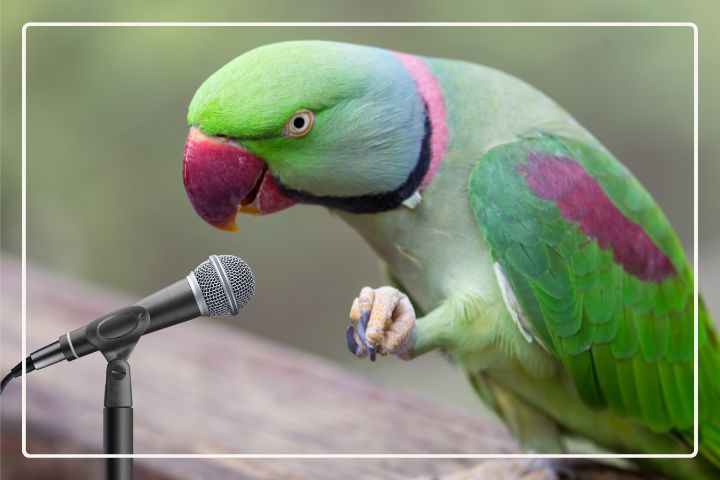

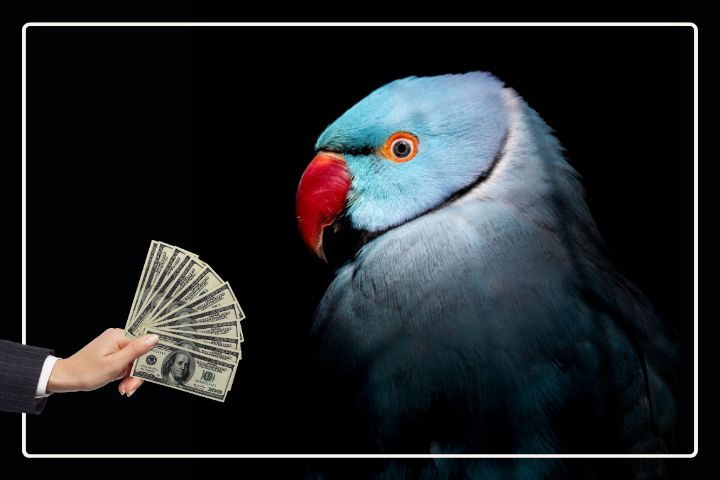
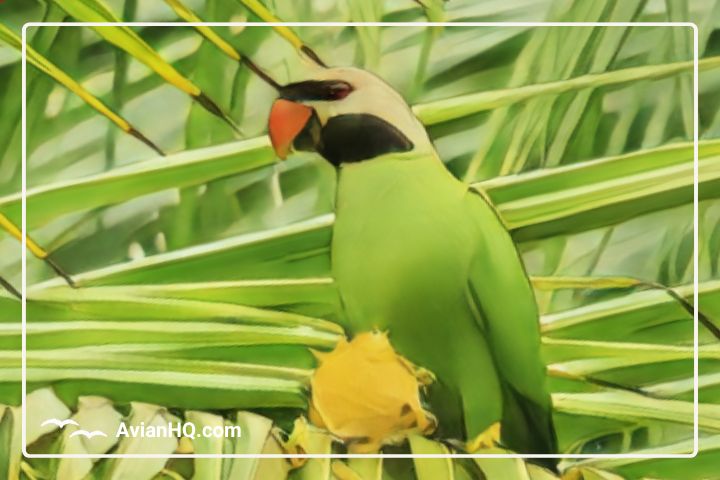
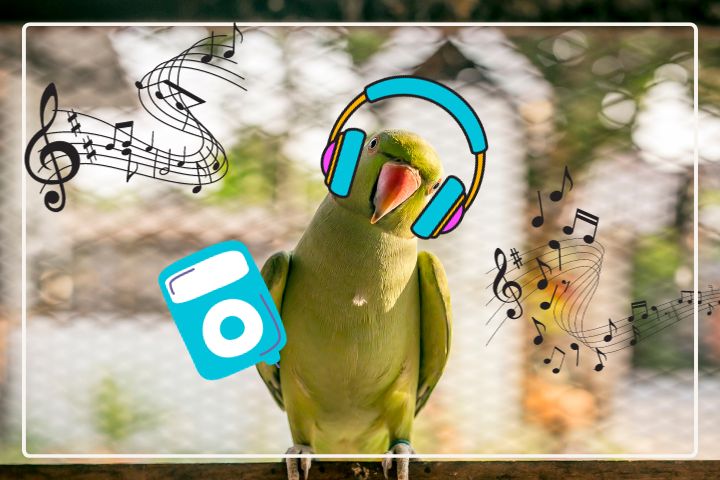
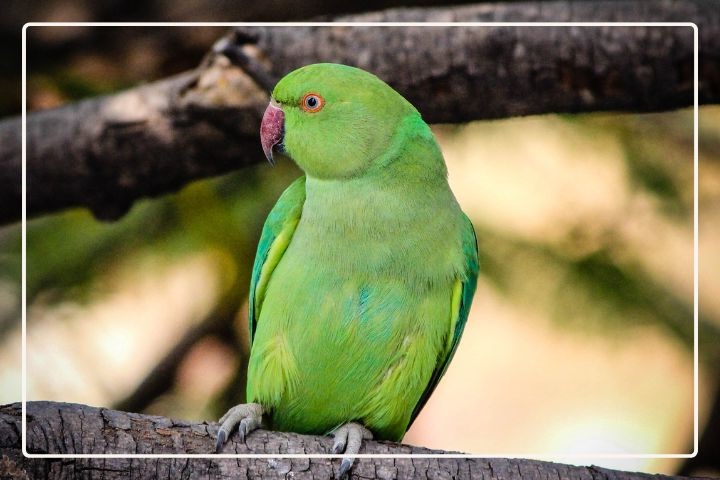
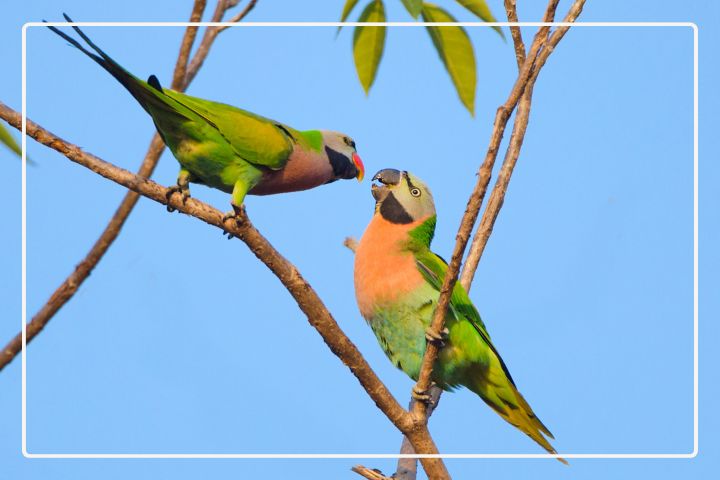
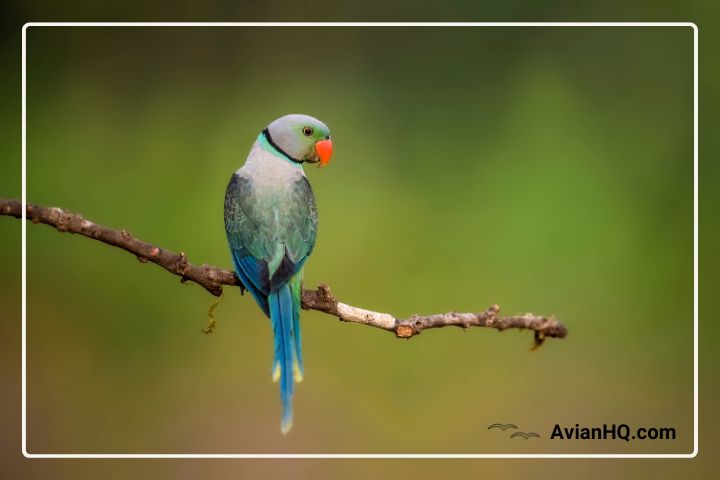
Thank you for the good writeup. It in fact was a amusement account it. Look advanced to far added agreeable from you! However, how can we communicate?